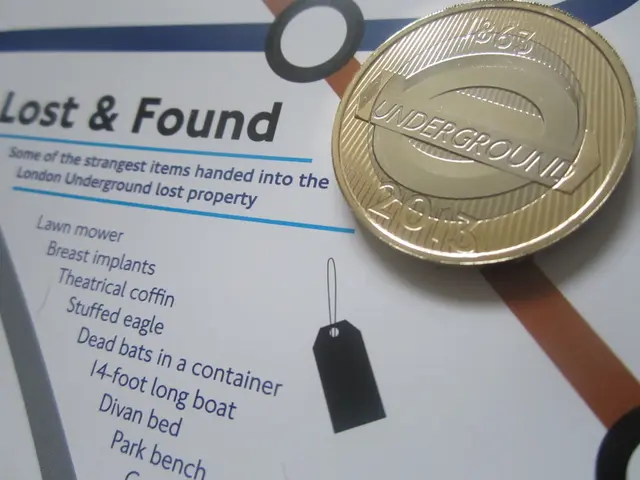Ferrari Experiences Crippling Ransomware Assault
Last month, Italian luxury sports car manufacturer Ferrari experienced a ransomware attack, compromising its customer data. The company has taken swift action to address the security breach and prevent further data loss.
In a statement released to customers, Ferrari admitted potential compromise of personal and financial information. The perpetrators of the attack demanded a ransom in exchange for not releasing stolen data, but Ferrari has not disclosed the amount of the ransom or whether it was paid.
Despite the challenges posed by the attack, Ferrari has taken measures to prevent similar attacks in the future. The company's cybersecurity team is working to restore systems and ensure data security, and has put in place measures to strengthen its defenses against cyber threats.
The attack on Ferrari has highlighted the importance of cybersecurity in the luxury industry. Businesses, regardless of size or industry, need to prioritize cybersecurity in today's digital age. Luxury car manufacturers, in particular, may face criticism from customers and regulators due to the sensitive nature of the data they hold.
Following the attack on Ferrari, other luxury car manufacturers have implemented advanced cybersecurity measures to improve their resilience and protection. For example, the BMW Group has adopted the CIS Critical Security Controls integrated with threat intelligence and a maturity-based IT security risk management model. This approach shifts from a traditional application-centric risk model to a security-capability-oriented model, using real threat data and frameworks like VERIS and Verizon's DBIR to continuously update defense mechanisms.
Manufacturers are also implementing edge AI for autonomous threat detection, reducing cloud dependency and operational costs. They are adopting automotive cybersecurity standards such as ISO 21434 (end-to-end cybersecurity risk management through a vehicle's lifecycle) and UNECE R155/R156 (mandating Cyber Security Management Systems and Software Update Management Systems). These standards have become prerequisites for market access and compliance increasingly shapes product development and security strategies.
Manufacturers utilize a zero-trust security model and security by design principles, ensuring cybersecurity at every development stage, not just as an afterthought. Cyber insurance providers also contribute by offering customized cyber threat intelligence and vulnerability monitoring, proactively alerting manufacturers about vulnerabilities in their environment, even monitoring dark web activities to preempt credential theft—a common method used in ransomware attacks.
Ferrari's rapid response and transparency following the attack will help mitigate the damage to its reputation. The company's ongoing cybersecurity efforts are aimed at restoring systems and ensuring data security, and it may face an uphill battle to restore its customers' trust and maintain its reputation for providing exclusive, high-end experiences. However, the company's commitment to improving its cybersecurity posture is a positive step towards protecting its customers' data and maintaining its position as a leader in the luxury car industry.
References:
- Cybersecurity in the Automotive Industry: Current Trends and Future Directions
- The BMW Group's Cybersecurity Strategy: A Case Study in Automotive Cybersecurity
- The Impact of Ransomware on the Automotive Industry
- Cyber Insurance for the Automotive Industry: A New Approach to Managing Cyber Risk
- The Ferrari ransomware attack underscores the critical importance of cybersecurity in the general-news sector, particularly within the crime-and-justice domain.
- As a response to the attack, other luxury car manufacturers, such as the BMW Group, have embraced advanced cybersecurity strategies like the CIS Critical Security Controls, edge AI for autonomous threat detection, and adoption of standards such as ISO 21434 and UNECE R155/R156.
- Ferrari's swift action and transparency in addressing the ransomware attack are key elements in maintaining its reputation and regaining customer trust, exemplifying the significance of cybersecurity in the encyclopedia of modern technology and business practices.




